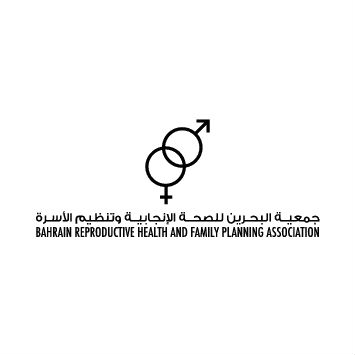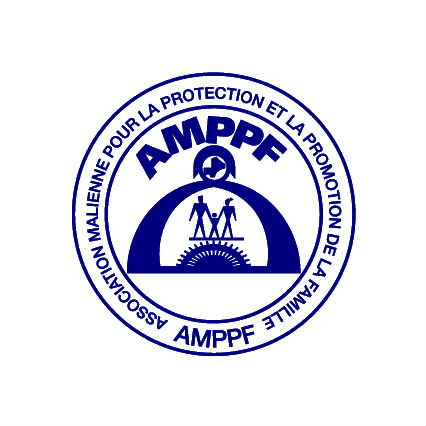

| 31 March 2016
Bahrain Reproductive Health Association
The Bahrain Family Planning Association (BRHA) was founded in 1975, the organization has played a critical role in promoting reproductive health. Bahrain and in achieving government support to adopt necessary policies on reproductive health (RH) including the incorporation of (RH) into the school curriculum. BRHA receives support from the ministries of health, social development, labour, and education, and it partners closely with the upper and lower government house (the parliament and the Shoura Council). BRHA operates a highly successful telephone hotline service which provides counseling and advise on reproductive health to callers from both Bahrain and neighboring countries. The very particular needs and the constraints in Bahrain mean the BRHA is highly focused on advocacy and is limited in its capacity to deliver direct education (RH) services. However, it does run strong information, education and communication (IEC) programs (targeted towards young people and women) and extensive education and literacy initiatives which are particularly designed to reach out to all community groups.

| 31 March 2016
Association Malienne pour la Protection et la Promotion de la Famille
The Association Malienne pour la Protection et la Promotion de la Famille (AMPPF) was established in 1972 to tackle the family planning challenges facing the Malian people. It rapidly expanded its activity and remit to embrace sexual and reproductive health (SRH) counselling; neonatal, gynaecological, post-natal and post-abortion care; and prevention and management of HIV and AIDS, particularly voluntary counselling and testing (VCT). These figures were achieved through the strategic and focused management of a strong team which has the capacity to reach out to diverse communities across the country. AMPPF has hundreds of volunteers, a strong youth action movement and hundreds of peer educators and community-based distributors. AMPPF is actively engaged with the planning, health, youth and family departments of the Malian government. It has strong ties with non-governmental organizations (NGOs) including Population Service International (PSI), the Conseil de Concertation et d'Appui aux ONGs, the Federation Nationale des Associations de Santé Communautaire au Mali (FENASCOM), the Association de Recherche, de Communication et d'Accompagnement à Domicile des Personnes vivant avec le VIH/SIDA (ARCAD), and SIDA. Major donors include WHO, USAID and UNFPA.







